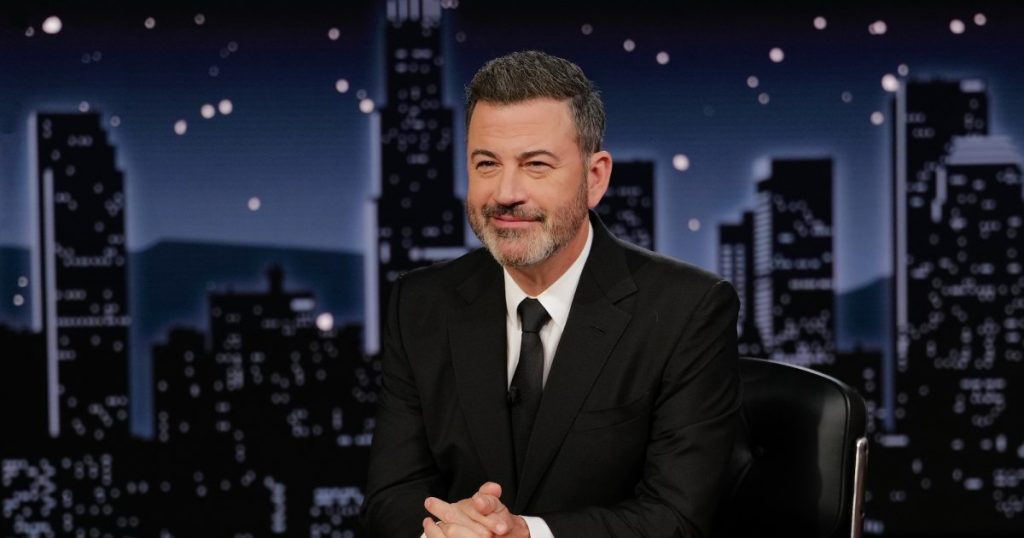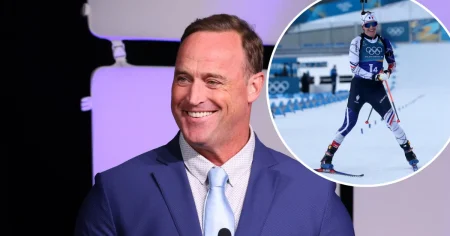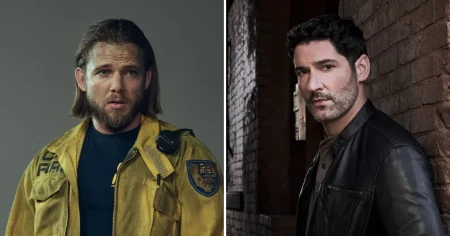ABC’s Decision to Suspend Jimmy Kimmel’s Show Sparks Free Speech Debate
In a move that has ignited a fierce debate about free speech and corporate responsibility, ABC has pulled “Jimmy Kimmel Live!” off the air indefinitely following controversial comments the host made about the murder of conservative commentator Charlie Kirk. The decision came after Kimmel’s September 15 broadcast, where he addressed the arrest of Tyler Robinson for Kirk’s murder. During the segment, Kimmel criticized what he called the “MAGA Gang” for trying to “characterize this kid who murdered Charlie Kirk as anything other than one of them and doing everything they can to score political points from it.” The late-night host also took aim at former President Donald Trump’s reaction to Kirk’s death, comparing Trump’s discussion of White House ballroom construction to how “a four-year-old mourns a goldfish.” This commentary prompted Nexstar Media, one of America’s largest TV station owners, to announce they would preempt Kimmel’s show, citing strong objections to his remarks.
The entertainment industry’s guilds have rallied around Kimmel in the wake of ABC’s decision. SAG-AFTRA released a powerful statement condemning the suspension, emphasizing that “our society depends on freedom of expression” and that “democracy thrives when diverse points of view are expressed.” The union warned that “suppression of free speech and retaliation for speaking out on significant issues of public concern run counter to the fundamental rights we all rely on” and characterized ABC’s decision as “the type of suppression and retaliation that endangers everyone’s freedoms.” Similarly, the Writers Guild of America East and West declared their solidarity with Kimmel and his writing team, asserting that “the right to speak our minds and to disagree with each other – to disturb, even – is at the very heart of what it means to be a free people.” Their statement powerfully concluded with: “If free speech applied only to ideas we like, we needn’t have bothered to write it into the Constitution.”
The controversy has quickly transformed into a broader cultural discussion about the boundaries of comedy, corporate decision-making, and the current state of American discourse. Numerous celebrities have publicly supported Kimmel, with actor Ben Stiller simply stating “This isn’t right” when sharing news of the suspension. Actress Sophia Bush offered a more pointed reaction, writing that “The First Amendment doesn’t exist in America anymore. Fascism is here and it’s chilling.” Journalist Don Lemon highlighted what he sees as hypocrisy, noting that the same people who “complain everything is too woke, that comedians can’t say anything anymore, that they’re killing comedy” are now the ones “killing comedy” by supporting Kimmel’s suspension. These reactions underscore the growing concern among many in the entertainment industry about potential chilling effects on creative expression and political commentary.
The situation raises complex questions about the relationship between broadcast networks, their affiliate stations, advertisers, and on-air talent. ABC’s decision came after pressure from Nexstar Media, demonstrating the significant influence that station owners can wield over programming decisions. This dynamic highlights the commercial considerations that often underpin content decisions in broadcast television, where networks must balance creative freedom with business relationships and audience sensitivities. For late-night comedy shows in particular, which have long served as platforms for political satire and commentary, these tensions can be especially pronounced. Kimmel’s show has frequently featured sharp political humor, particularly during and after the Trump administration, positioning itself as part of a tradition of comedic social commentary that stretches back decades in American television.
The timing of this controversy is particularly significant given the current political climate in the United States. With the presidential election approaching and political divisions at historic levels, media coverage and commentary have become increasingly contentious. The reaction to Kimmel’s remarks about Kirk’s murder reflects how even comedy and entertainment have become battlegrounds in America’s cultural and political disputes. Critics of ABC’s decision view it as capitulation to political pressure and a dangerous precedent for free expression, while those who objected to Kimmel’s comments see them as insensitive or inappropriate given the tragedy of Kirk’s death. This polarization of perspectives mirrors broader societal divisions, where Americans increasingly inhabit separate information ecosystems and interpret the same events through vastly different lenses.
As of this writing, Kimmel himself has not publicly addressed the suspension or the surrounding controversy. His silence leaves questions about what might happen next – whether he will push back against ABC’s decision, potentially negotiate a return under certain conditions, or perhaps consider moving to another platform where he might have greater editorial freedom. Whatever the outcome, this incident has already become a touchstone in ongoing conversations about the limits of comedy, the responsibilities of broadcasters, and the health of public discourse in America. It serves as a reminder that despite constitutional protections for free speech, the practical exercise of that right continues to be shaped by powerful commercial interests, shifting cultural norms, and the complex interplay between public opinion and institutional decision-making in a deeply divided society.













